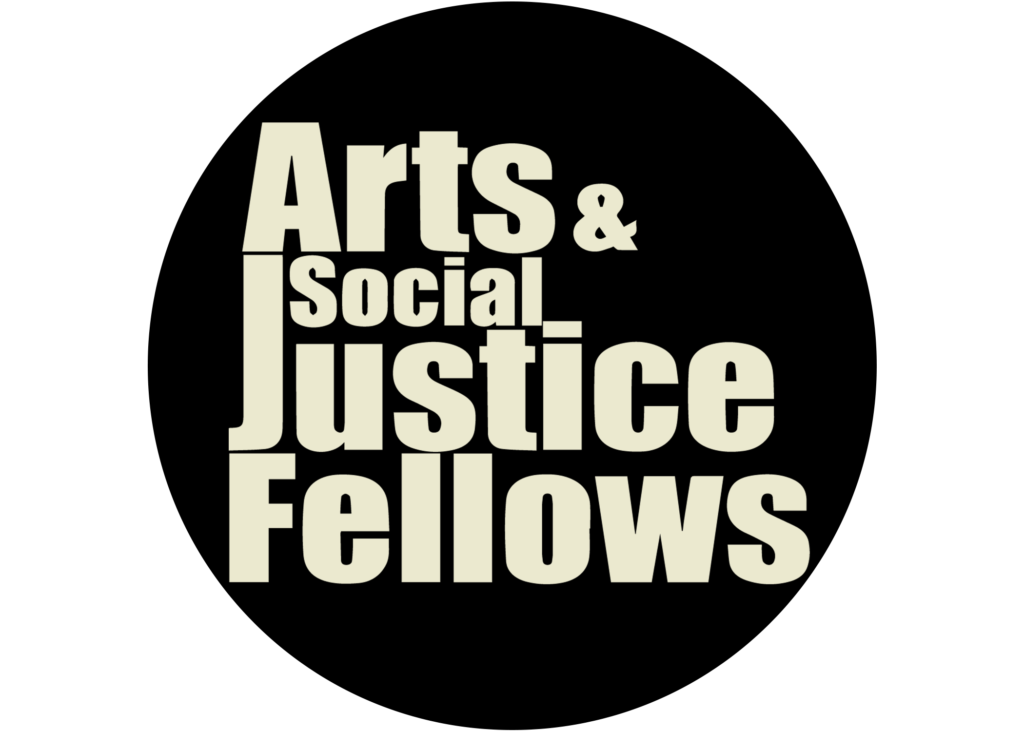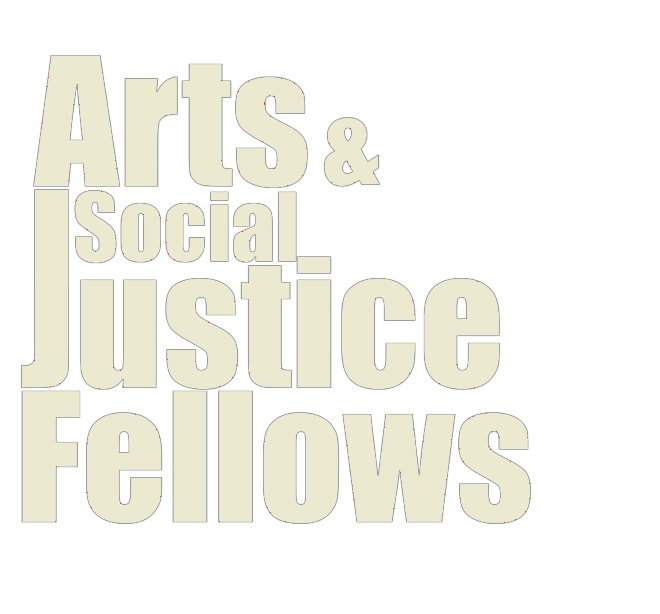Meredith Schweig’s research explores twentieth- and twenty-first-century popular musics of East Asia, with a particular emphasis on narrative, gender, and cultural politics in post-authoritarian Taiwan. She completed her MA and PhD in ethnomusicology at Harvard University, where she also received her BA in Music and East Asian Studies.
An assistant professor of ethnomusicology at Emory, she is the author of Renegade Rhymes: Rap Music, Narrative, and Knowledge in Taiwan (University of Chicago Press, July 2022). A second book project in process refracts questions about vocality, agency, and transmedia storytelling through a study of global pop icon Teresa Teng. She maintains additional research interests in sensory studies, migration studies, disability studies, history of art and architecture, and the museology/musicology nexus.
Schweig is the recipient of a 2020-2021 Fulbright Senior Scholar Grant to Taiwan. Previously, she was a 2013-2015 Mellon Postdoctoral Fellow in the Humanities and Hyperstudio Fellow at MIT. She has received additional fellowships and grants from Fulbright IIE, Fulbright-Hays, the Asian Cultural Council, the Whiting Foundation, the Fairbank Center for East Asian Research at Harvard University, the Chiu Family Foundation, the Emory University Research Committee, and the Emory University Provost’s Research Fund.
Schweig’s 2016 article “‘Young Soldiers, One Day We Will Change Taiwan’: Masculinity Politics in the Taiwan Rap Scene” was awarded both the Marcia Herndon Prize and the Jaap Kunst Prize from the Society for Ethnomusicology. Her 2014 article “Hoklo Hip-Hop: Re-signifying Rap as Local Narrative Tradition in Taiwan” was awarded the Rulan Chao Pian Publication Prize from the Association for Chinese Music Research.
Schweig recently completed her term as President of the Association for Chinese Music Research (2017-2020) and was previously Associate Editor of CHINOPERL: The Journal of Chinese Oral and Performing Literatures (2016-2019).
At Emory, she teaches introductions to ethno/musicology, as well as courses on ethnographic fieldwork methods, Sinophone popular musics, musical narrative, and global hip-hop. She is affiliated faculty in the East Asian Studies Program at Emory.


